What is ray tracing?
Find out about ray tracing
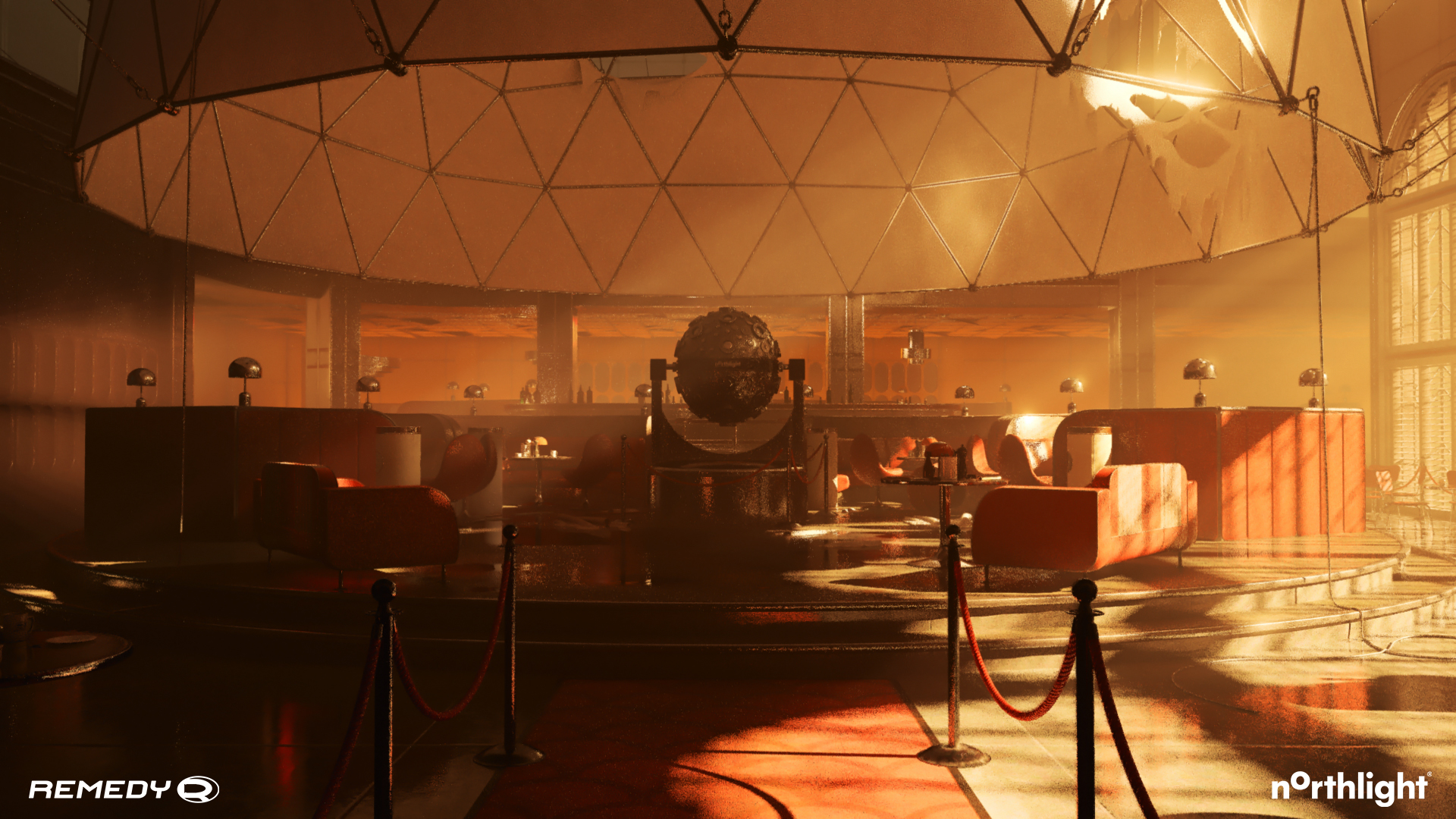
One of the most interesting advancements in PC gaming in recent years is ray tracing, which enables studios to create much more vivid and realistic gaming worlds. While it's not yet used across the industry, support for ray tracing is being incorporated in more and more of the best PC games.
So what is ray tracing, why isn't it supported in more games, what does it require to run to its full potential? We'll answer all these questions in the explainer below. We'll also tell you which of the best graphics cards run ray tracing the best, which is vital to know if you want to maximize ray tracing performance.
Ray tracing explained
1. What is ray tracing?
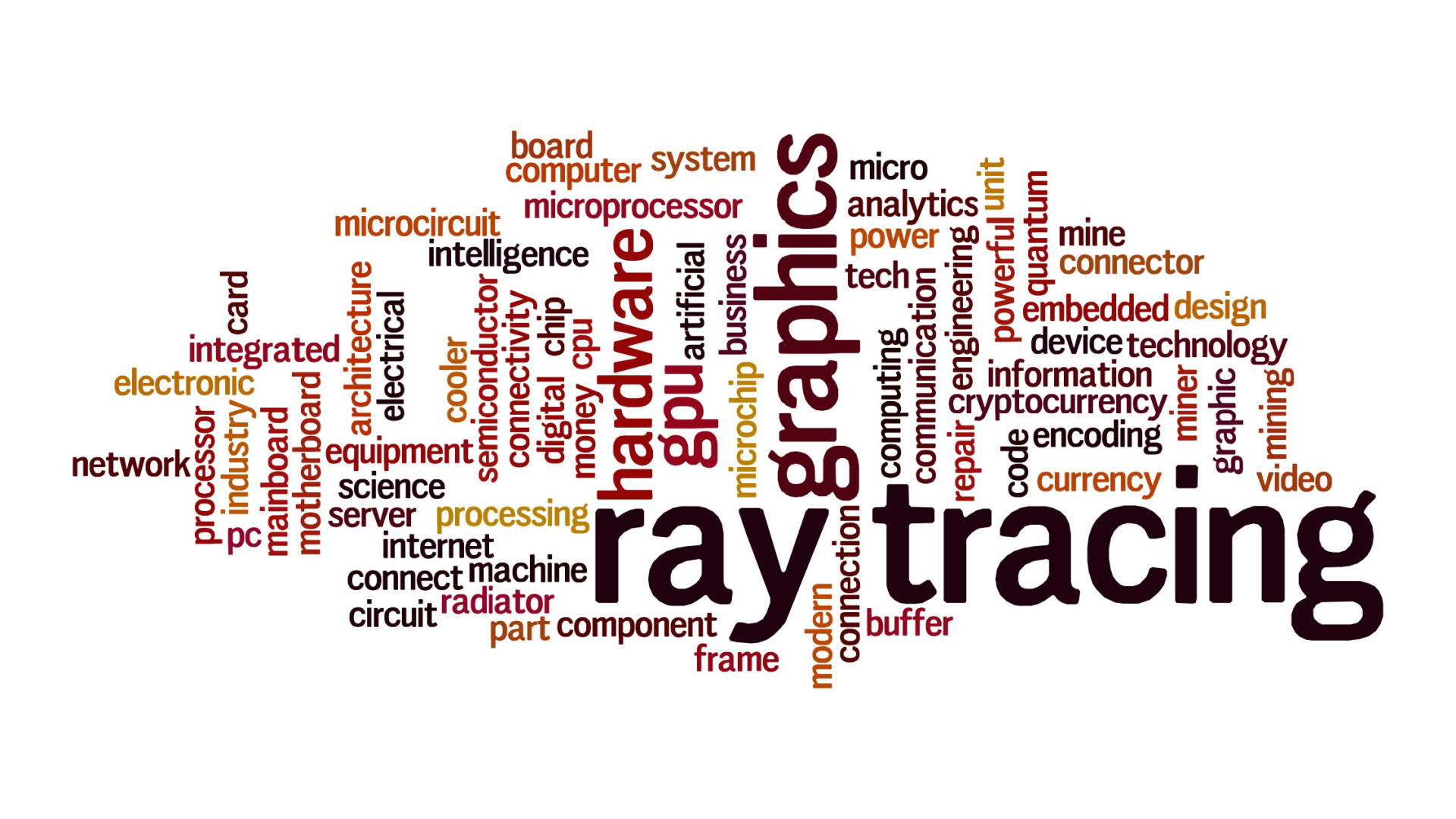
In the simplest of definitions, ray tracing is a rendering technique that can produce incredibly realistic lighting effects. It's essentially an advanced and lifelike way of rendering light and shadows in a scene.
An algorithm traces the path of a light source and simulates how that light interacts with other objects it hits, including the production of shadows and relections. It also allows for more realistic translucence and scattering effects.
2. Why is ray tracing important?
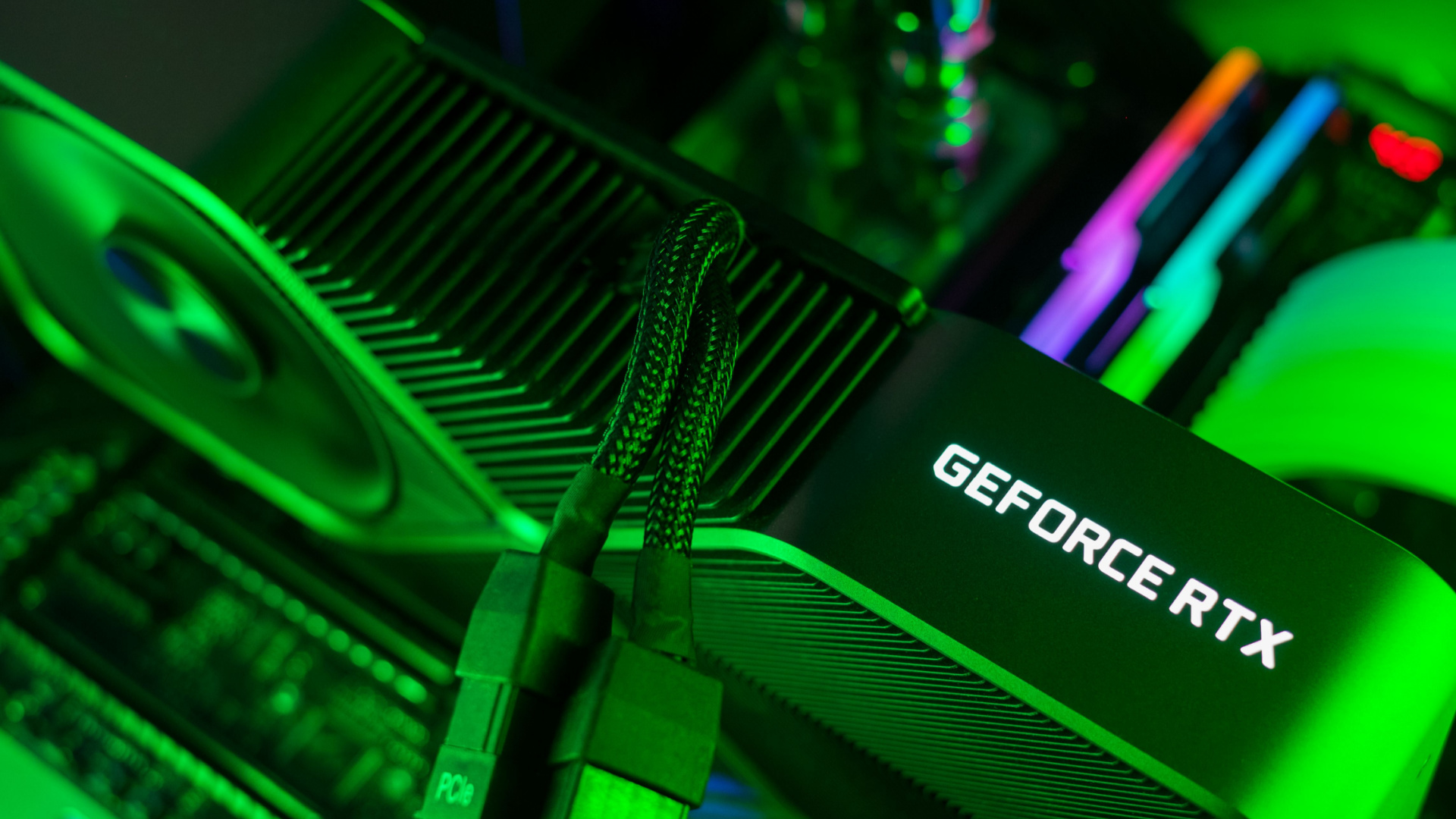
Support for ray tracing is relatively recent, and not yet widespread, because of the computing resources required to simulate realistic lighting, as the algorithm must calculate where light interacts with virtual objects and calculate the interactions and interplay in the same way as the human eye would process light, shadows, and reflections in real life.
Before ray tracing was used in gaming, a process known as rasterization was popular. This turns 3D graphics into 2D pixels to display on your screen, and uses shaders to display realistic lighting.
3. Why isn't ray tracing more widespread?
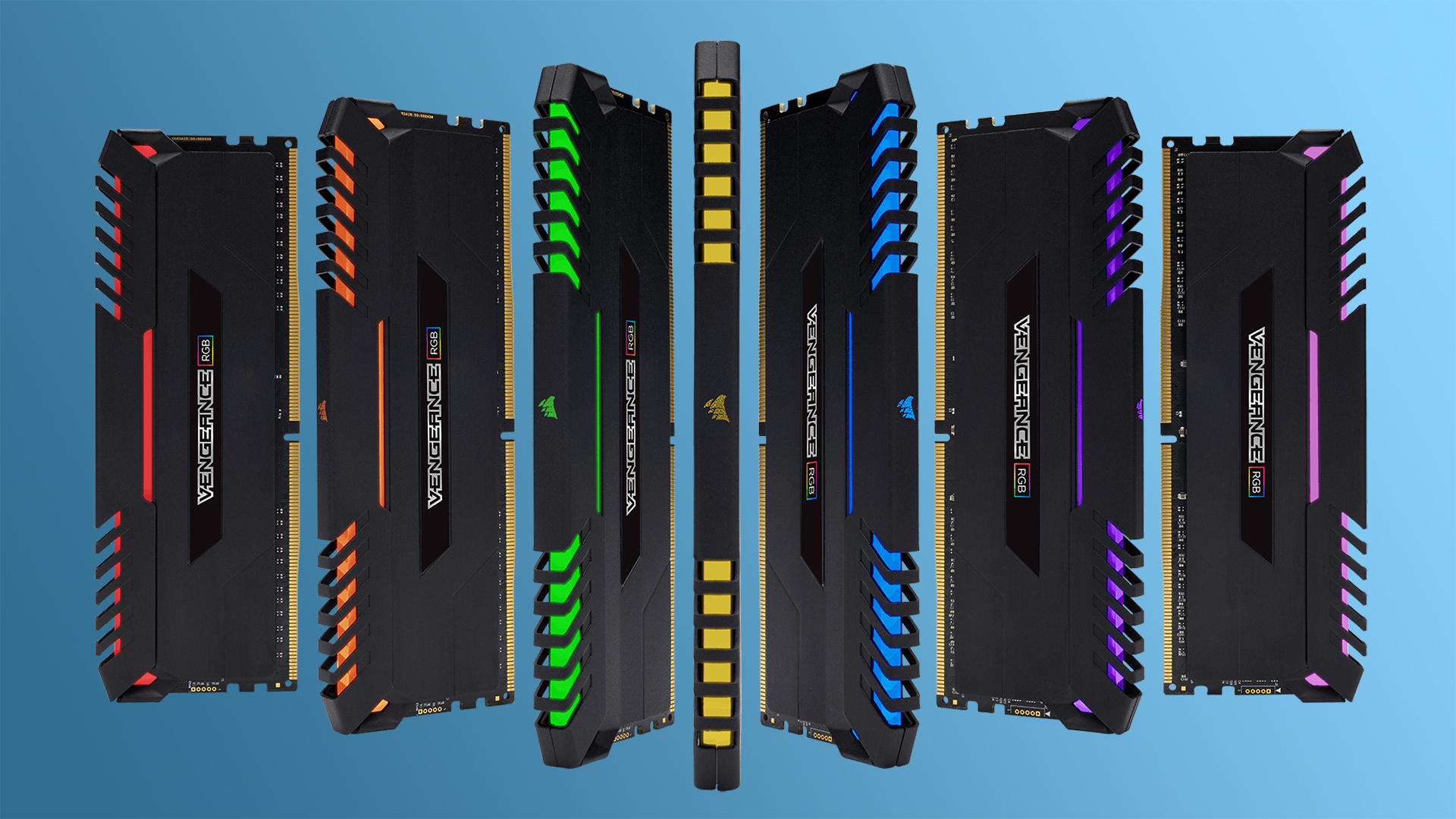
Ray tracing is extensively used in movies and TV shows that feature CGI, as the production companies can use entire server farms or cloud computing to perform the necessary computations for developing computer graphics imagery.
However, video games have only recently been able to take advantage of it due to advances in PC gaming; and even now there are certain limitations, as it's far too taxing for current graphics cards to pull off a fully ray-traced game in the same vein as movie and TV show CGI.
But graphics cards, especially Nvidia's GeForce RTX line, have been advancing at a rapid rate, and can perform more computations.
4. Which graphics cards support ray tracing?
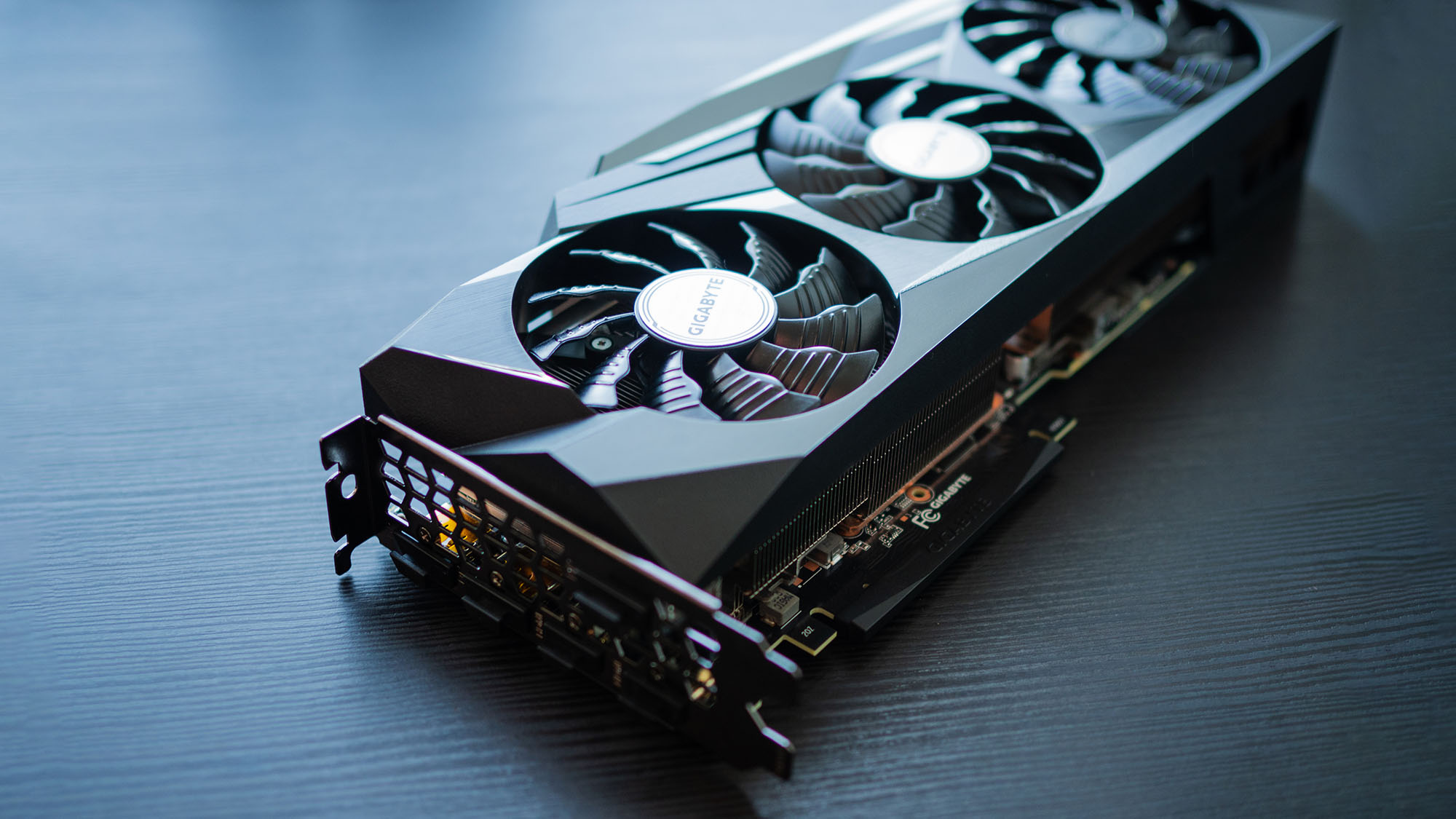
Generally speaking, if you want a graphics card that supports ray tracing and will still give you a solid frame rate and well-rounded performance, then at the least, the Nvidia GeForce RTX 3060 Ti and AMD Radeon RX 6800 XT and higher will deliver, while maintaining at least 40fps, depending on the game.
But if you want superior ray-tracing performance, investing in the current-gen RTX 4000-series or the RX 7000-series is a smart bet. This ensures that the graphics card is powerful enough to handle the algorithms needed to generate beautiful lighting effects while still maintaining a high frame rate.
Final thoughts
While ray tracing is an impressive technology on its own, other tools can help maintain performance as it runs. Nvidia has developed Deep Learning Super Sampling (DLSS) for its GPUs, and AMD has FidelityFX Super Resolution (FSR).
When pitting the two against each other, DLSS offers superior performance, but is only compatible with Nvidia cards. Meanwhile, FSR has improved quite a bit, but still lags behind DLSS, though it can be used on both Nvidia and AMD graphics cards.
There are even some who believe that DLSS is the better tech over ray tracing, as the latter is far less taxing on your gaming rig while immediately enhancing overall performance. Regardless, it'll be interesting to see how ray tracing continues to improve in the coming years.
You might also like
- What is ray tracing? Everything you need to know
- After five years, ray tracing still isn't worth the bad performance
- DLSS is the true revolution in gaming, not ray tracing
Get daily insight, inspiration and deals in your inbox
Sign up for breaking news, reviews, opinion, top tech deals, and more.

Named by the CTA as a CES 2023 Media Trailblazer, Allisa is a Computing Staff Writer who covers breaking news and rumors in the computing industry, as well as reviews, hands-on previews, featured articles, and the latest deals and trends. In her spare time you can find her chatting it up on her two podcasts, Megaten Marathon and Combo Chain, as well as playing any JRPGs she can get her hands on.